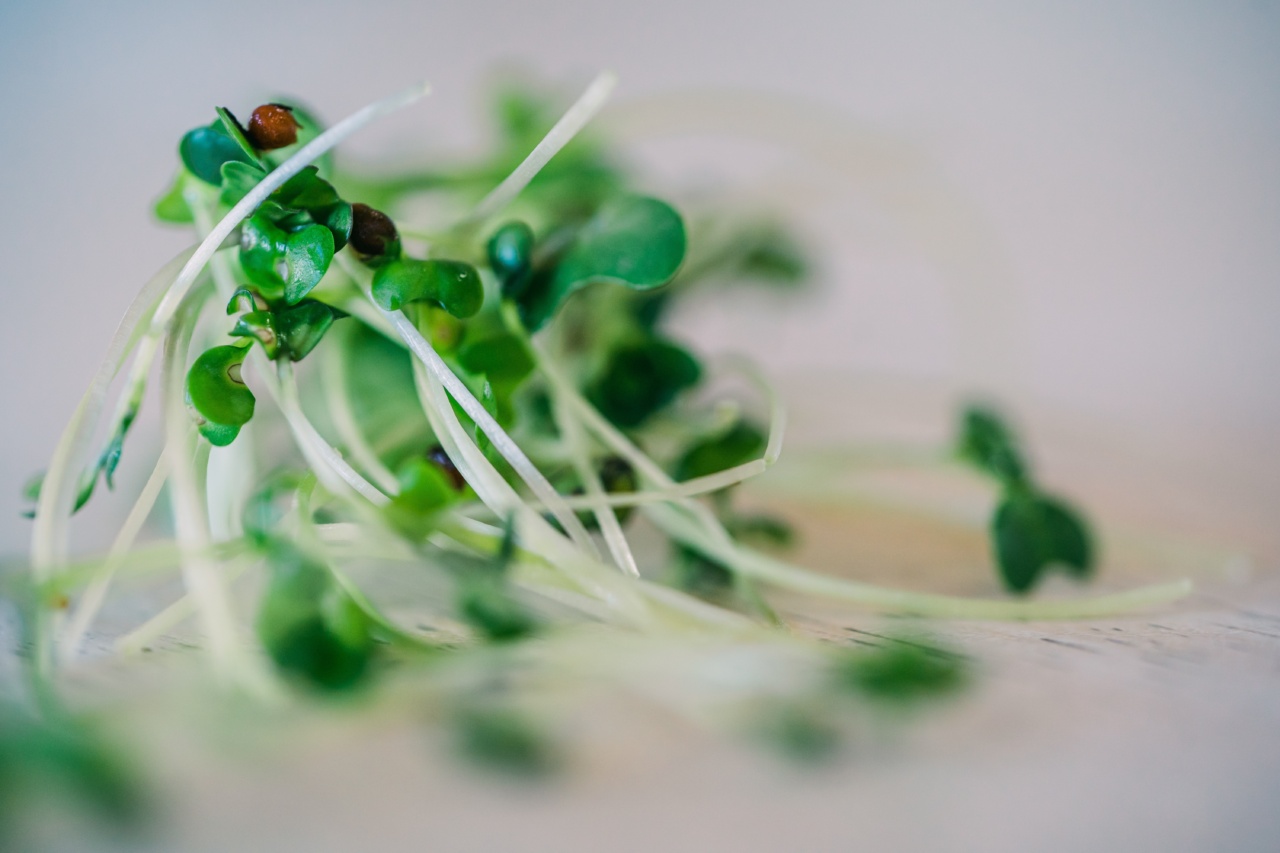When it comes to food, there is a big debate between organic and conventional food. Organic food is grown without the use of synthetic pesticides or chemical fertilizers.
Conventional food, on the other hand, is grown using these chemicals to increase crop yields. Both have their pros and cons, and it is important to understand the differences before making a decision on which type of food to buy and consume.
What is Organic Food?
Organic food is grown and processed without the use of synthetic pesticides, chemical fertilizers, or genetically modified organisms. Only natural fertilizers such as compost or animal manure are used to improve soil health.
Organic farmers also use crop rotation to reduce pests and diseases, and promote natural pest control methods such as introducing beneficial insects.
Advantages of Organic Food
Organic food has several benefits over conventional food. It has been shown to contain fewer pesticides, making it healthier for consumers. Organic food is also grown in healthier soil, which contains more nutrients and beneficial microorganisms.
Since organic farming is done without the use of synthetic pesticides or fertilizers, it helps to reduce pollution, and is better for the environment. Organic food is also often locally grown, reducing the carbon footprint associated with transporting produce long distances.
Disadvantages of Organic Food
Organic farming methods can be more costly and labor-intensive compared to conventional farming. This is because organic farmers must use alternative pest control methods, and spend more time tending to their crops.
As a result, organic foods can be more expensive, and not as readily available. Additionally, since organic farming is not as efficient as conventional farming, it can result in lower crop yields, and may not be as sustainable as conventional farming in the long term.
What is Conventional Food?
Conventional food is grown using synthetic pesticides and chemical fertilizers to increase crop yields. These chemicals can be harmful to the environment and to human health when consumed in large quantities.
Conventional farming also often involves monoculture, which means that only one type of crop is grown in a particular area. This can deplete the soil of nutrients, making it less healthy over time.
Advantages of Conventional Food
The main advantage of conventional food is that it is often cheaper and more readily available than organic food. This is because conventional farming methods are more efficient and can produce larger crop yields per acre.
Additionally, conventional farming often involves genetic modification of crops, which can make them more resistant to pests and diseases, and increase their nutritional content.
Disadvantages of Conventional Food
Conventional food can have several negative effects on the environment and on human health. The chemicals used in conventional farming can pollute the air, water, and soil, and harm wildlife.
They can also have negative health effects on humans, including cancer, developmental disabilities, and reproductive problems. Additionally, the monoculture practices of conventional farming can lead to soil depletion and erosion, and make crops more vulnerable to pests and diseases.
Which is Better: Organic or Conventional?
Both organic and conventional food have their advantages and disadvantages. Ultimately, the choice between the two depends on personal preferences, values, and priorities.
If you are concerned about the health of yourself and the environment, organic food may be a better choice. However, if cost and availability are important factors, conventional food may be a better option.
Conclusion
The debate between organic and conventional food is complex and ongoing. While organic food may have several benefits, its higher cost and lower efficiency may make it inaccessible to many consumers.
Conventional food, while cheaper and more readily available, can have harmful effects on the environment and human health. Ultimately, the choice between organic and conventional food depends on personal preferences and priorities, and should be made with careful consideration of the potential benefits and drawbacks of both.






























